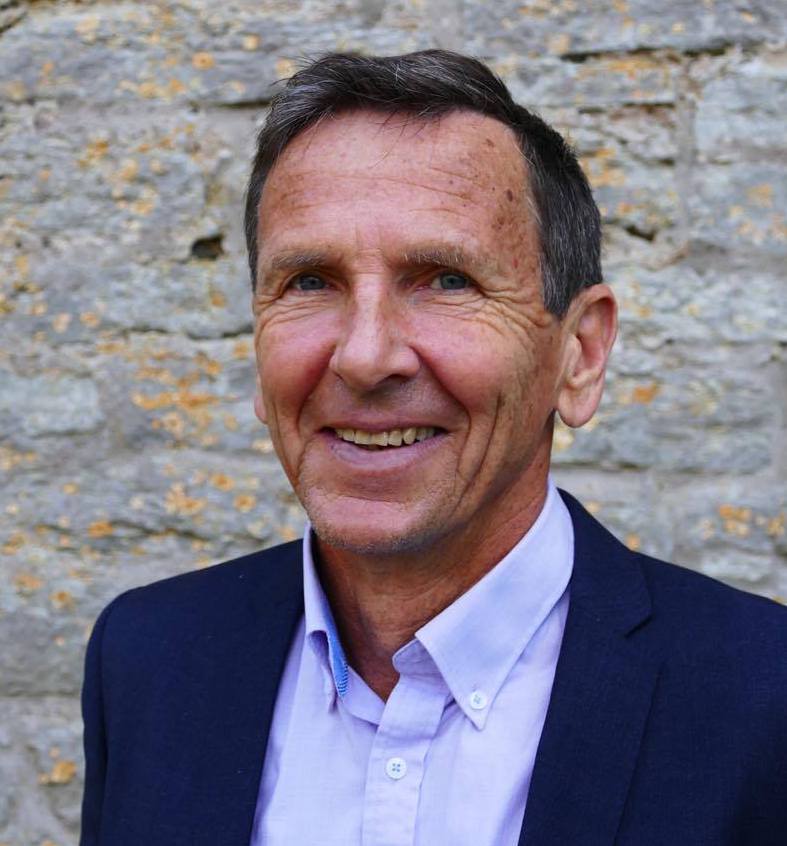
The Swedish Research Council recently announced the awarded grants within development research applied for in 2021. Out of 248 applications, 59 were approved grants, distributed across several research centres, Swedish universities, and various thematic areas.
In this SweDev’s article series, we interview awarded researchers to learn more about their research contributing to the 2030 Agenda.
Raine Isaksson, Senior Lecturer (Docent) at Uppsala University will study affordable and low carbon building in Sub Saharan Africa.

Raine Isaksson, Uppsala University.
Q: Briefly describe your research project. Why do you think the Swedish Research Council picked your project to be funded?
A: The project “Low-cost construction with a low carbon footprint in sub-Saharan Africa” follows my 10 years working background in Africa and my expertise developed within cement manufacturing and in low-cost building material production. The project is related to several issues of sustainable development and concerns both climate and poverty aspects.
Q: Why are the research contributions you hope to make important?
A: Hopefully, the research results will be put into practice within a reasonable period of time to lower the prices of building materials and reduce the environmental footprint.
Q: SweDev aims to increase the interaction between development researchers and practitioners. How can practitioners working with sustainable development use the outcomes of your research?
A: It’s hard to say. For those working in the field, the results may be an indication that research is needed in technology-poor areas that can help poor people. In general, the project also exemplifies Action Research and Innovation Action Research.
At the Swedish University of Agricultural Sciences (SLU), SweDev Steering Committee member and Researcher Linda Engström explores how cancelled land deals affect smallholder farmers’ land access and livelihoods in Eastern Africa.

Linda Engström, SLU. Photo: Private.
Q: Briefly describe your research project. Why do you think the Swedish Research Council picked your project to be funded?
A: The aim of this project is to explore how cancelled land deals affect smallholders’ land access and livelihoods in Tanzania. It will be implemented by myself and my colleague at the University of Dar es Salaam, PhD Ronald Ndesanjo.
The project focuses on the fact that many large-scale agro-investments that were marketed and planned since the early 2000s have been cancelled and millions of hectares of land have been left uncultivated. How this land is (re)distributed, and if smallholder farmers and herders can increase their access to land in this process, is important because the world is facing an unprecedented land inequality. This is evident not least in Africa where smallholder farmers and herders lose land for a variety of reasons, including private corporations that invest in agricultural production. Land is the basis for smallholder farmers’ and herder peoples’ livelihoods and land distribution needs to become more equal.
The project identifies a core gap in the land grabbing research through its focus on cancelled agro-investments. Moreover, the issue of land inequality is becoming a major obstacle to sustainable development including poverty eradication, in rural Africa.
Q: What made you interested in this topic?
A: My previous research on large-scale agro-investments in Tanzania showed that large areas of land have been left uncultivated due to cancelled investments. Instead of the promised efficient production, the land was not under production at all. Moreover, while “nothing happened”, these stalled or cancelled projects affected smallholders’ land access and livelihoods negatively, while the investments were treated by supporting donor agencies as if they no longer existed. Therefore, the projects’ livelihood impacts on smallholder farmers and herders, were not monitored. These paradoxes intrigued me, and the importance of understanding the impacts of cancelled investments became obvious. It also called into question the accountability for these impacts, of the actors who convincingly marketed and supported large-scale agro-investments as a development agenda for rural Africa.
Q: Why are the research contributions you hope to make important?
A: Understanding what happens to the land when investors abandon project sites could potentially offer opportunities to redistribute land to smallholders. The project will provide recommendations on how donor agencies and their policies better can support smallholders in such processes.
Q: SweDev aims to increase the interaction between development researchers and practitioners. How can practitioners working with sustainable development use the outcomes of your research?
A: We hope to raise more awareness among development practitioners about the importance of monitoring projects that are stalled or cancelled. We also hope to enable them to better mitigate negative impacts if development projects are stalled or cancelled. This is urgent for several reasons, not least because many projects have been stalled or cancelled due to re-allocation of funding during the Covid19 pandemic.
We hope that practitioners working with developing and revising global sustainability standards can include “exit strategies”, to follow up on local developments and impacts on vulnerable groups when a project is stalled or cancelled, something which is lacking today.
Find all awarded grants here.
Written by Alessandro Giacardi, Communication and Research Intern at Stockholm Environment Institute (SEI) for the Development and Aid Policy Team and SweDev.




Recent Comments